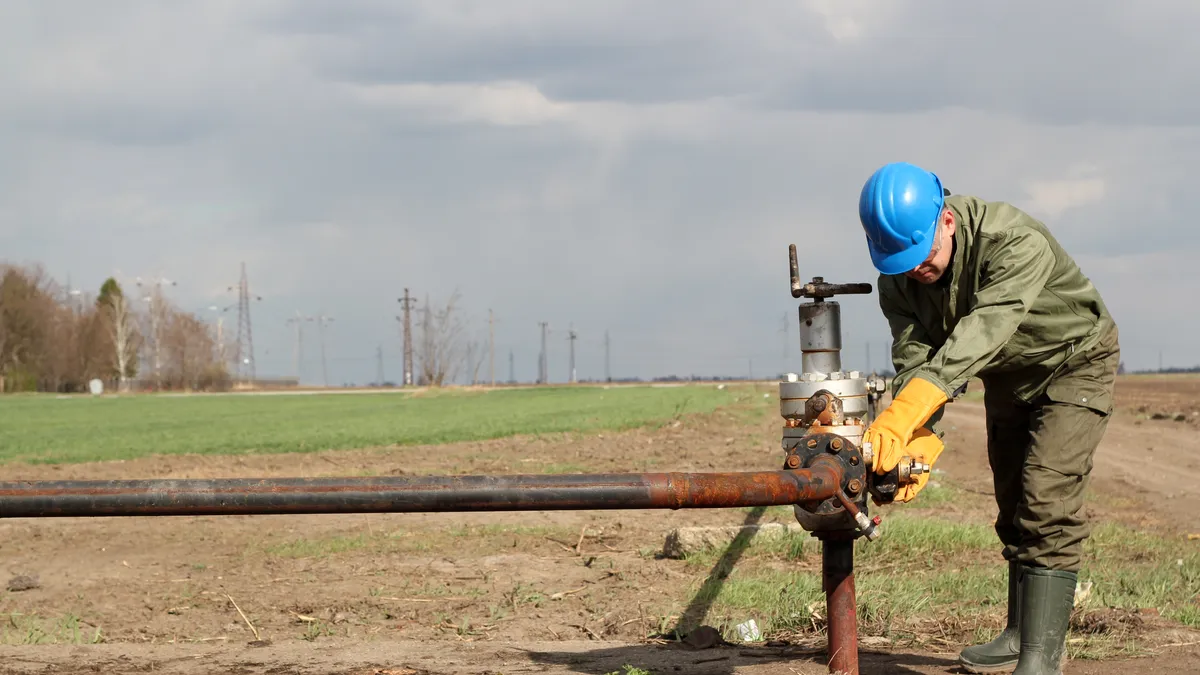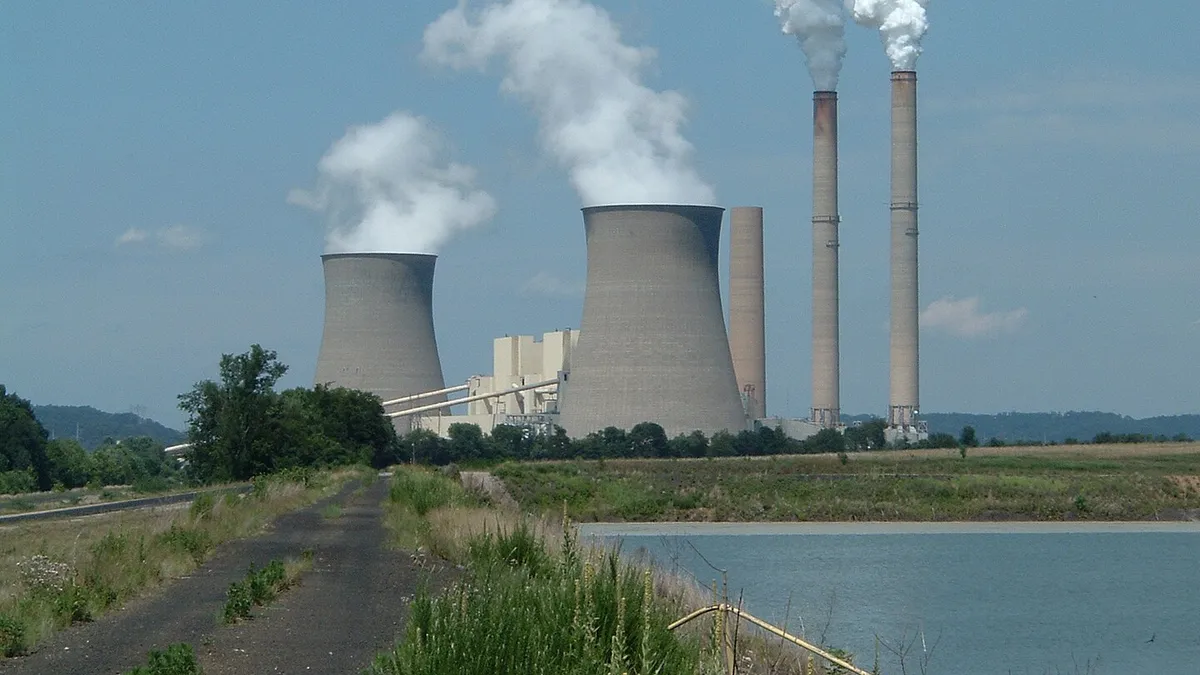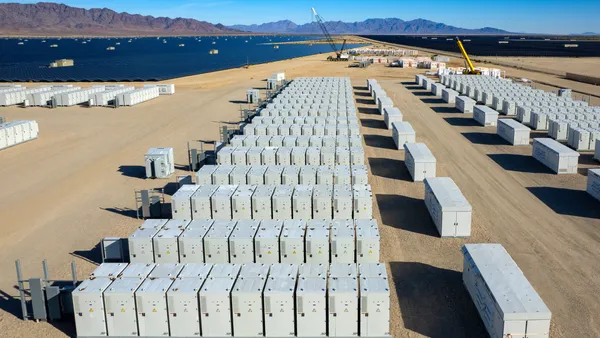Dive Brief:
- Duke Energy and Piedmont Natural Gas have asked the North Carolina Utilities Commission for an accelerated review of their proposed $4.9 billion merger, telling regulators that customers could see lower fuel costs if the deal is approved. The combined entity would make Duke the largest electric utility in the country and 15th largest gas utility, the Charlotte Business Journal reports.
- The Federal Trade Commission has already weighed in, granting early termination under the federal Hart-Scott-Rodino Antitrust Improvements Act, clearing the way for Duke's acquisition.
- While the companies have asked for a decision within 30 days, there is some speculation the merger will face scrutiny at the state level due to Duke's growing reliance on gas and the company's increasing influence in the region.
- There is also a chance the companies will need to file with regulators in Tennessee, related to Duke's ability to operate Piedmont's utility in that state.
Dive Insight:
Duke Energy is looking for a quick signoff on its acquisition of Piedmont, but a month turnaround for a $4.9 billion deal may be an aggressive goal. The Charlotte Business Journal has reported opposition to the deal is likely in front of North Carolina regulators, and now Tennessee has indicated it wants some level of review as well.
The companies have filed with the N.C. Utilities Commission, saying lower fuel costs could help Duke's customers, and that the deal "will not have a net adverse impact on the rates and services.”
If approved, the merger would add about 1 million new gas customers to Duke's service territory, returning the company to the gas business for the first time since 2007. Piedmont and Duke are also partners on the proposed 550-mile Atlantic Coast Pipeline, along with project lead Dominion, a Virginia-based investor-owned utility.
Federal regulators approved the deal quickly, but some pushback may be brewing locally. NC WARN, an environmental and consumer protection group, has opposed Duke's growing reliance on gas-fired power and has already been critical of the proposed acquisition. With the proceeding now in front of regulators, other parties are expected to raise objections as well.
A growing number of utilities are exploring investments in gas infrastructure, especially in the Northeast U.S., a region with high electricity prices due in part to gas supply and transport constraints.
Duke said the deal is expected to close by the end of 2016; the merger was announced in October.














